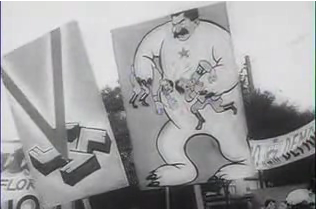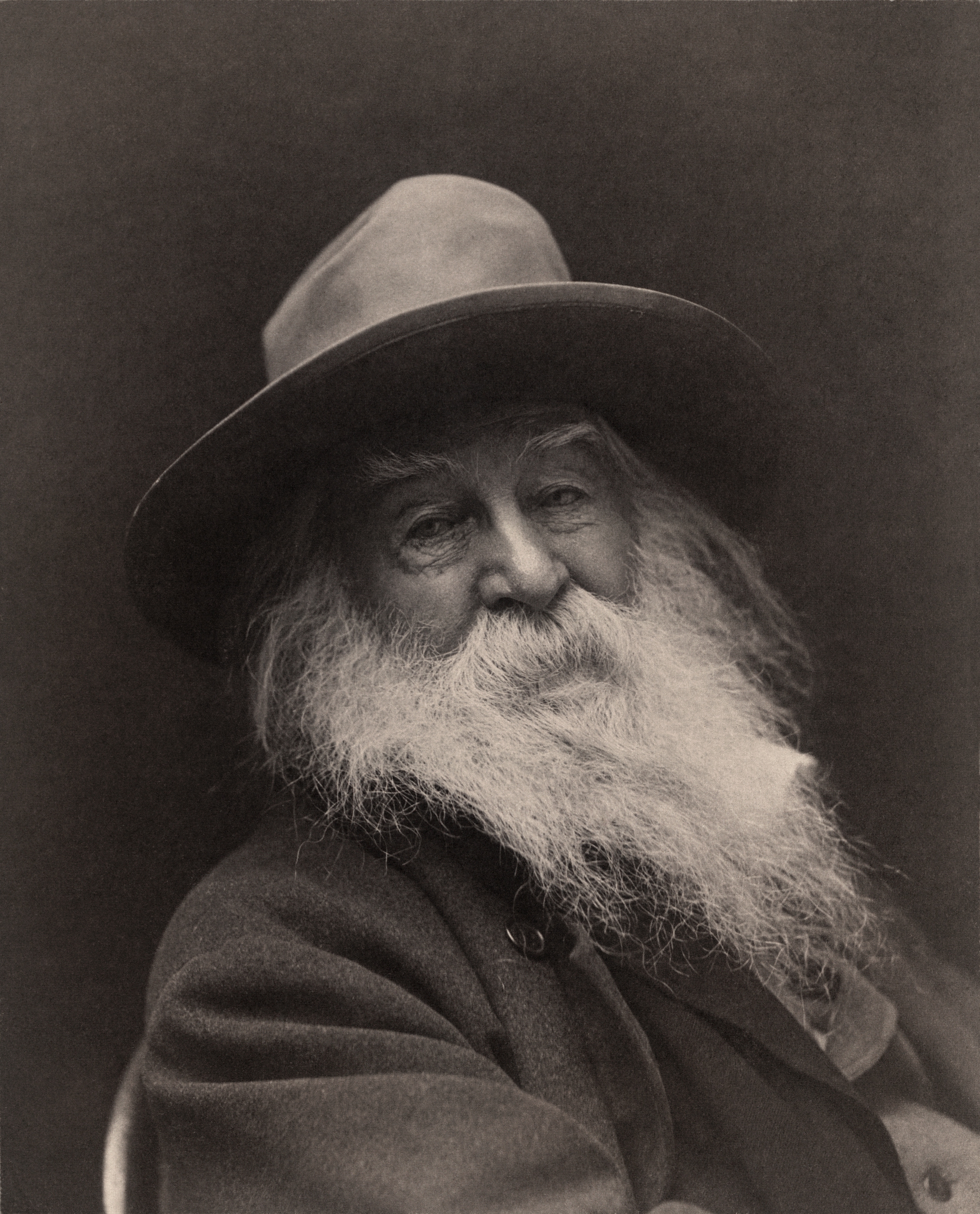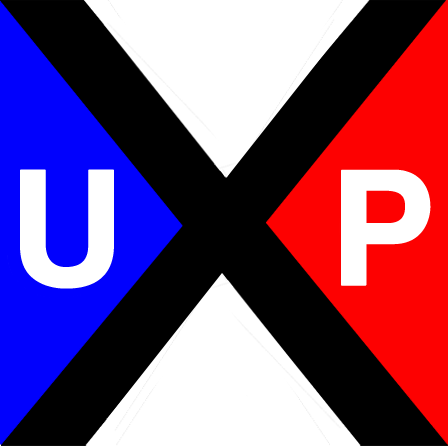|
Pablo Neruda
Ricardo Eliécer Neftalí Reyes Basoalto (12 July 1904 – 23 September 1973), better known by his pen name and, later, legal name Pablo Neruda (; ), was a Chilean poet-diplomat and politician who won the 1971 Nobel Prize in Literature. Neruda became known as a poet when he was 13 years old, and wrote in a variety of styles, including surrealist poems, historical epics, overtly political manifestos, a prose autobiography, and passionate love poems such as the ones in his collection ''Twenty Love Poems and a Song of Despair'' (1924). Neruda occupied many diplomatic positions in various countries during his lifetime and served a term as a Senator for the Chilean Communist Party. When President Gabriel González Videla outlawed communism in Chile in 1948, a warrant was issued for Neruda's arrest. Friends hid him for months in the basement of a house in the port city of Valparaíso, and in 1949 he escaped through a mountain pass near Maihue Lake into Argentina; he would not retu ... [...More Info...] [...Related Items...] OR: [Wikipedia] [Google] [Baidu] |
Poet-diplomat
Poet-diplomats are poets who have also served their countries as diplomats. The best known poet-diplomats are perhaps Geoffrey Chaucer and Thomas Wyatt; the category also includes recipients of the Nobel Prize in Literature: Ivo Andrić, Gabriela Mistral, Saint-John Perse, Miguel Ángel Asturias, Pablo Neruda, George Seferis, Czesław Miłosz and Octavio Paz. Contemporary poet-diplomats include Abhay K, Indran Amirthanayagam, Kofi Awoonor, Philip McDonagh and Yiorgos Chouliaras. Overview Abhay Kumar wrote, "There seems to be a connection between poetry and diplomacy as several diplomats over the ages have excelled in poetry". He further adds, "Diplomacy is a complex art that involves the mixing of political acumen, cultural finesse, language abilities and conversation skills to wield the power of persuasion. Diplomacy is generally conducted in short sentences which reveal as much as much 'sic''">sic.html" ;"title="'sic">'sic''they hide. Poetry is no different". He adds that ... [...More Info...] [...Related Items...] OR: [Wikipedia] [Google] [Baidu] |
Parral, Chile
Parral is a List of cities in Chile, city and Communes of Chile, commune in the Linares Province of Chile's Maule Region. Geography Parral is located south of Linares, Chile, Linares and 97 kilometers south of Talca, on the southern border of the Maule Region and Linares Province. Parral borders on the north with the communes of Longaví, Retiro, Chile, Retiro and Colbún (with which it shares a short border in the Andes, cordillerana zone); on the west with the commune of Cauquenes (Cauquenes Province); on the south with the commune of Ñiquén and San Fabián and Ñuble Region); and on the east, with the commune of San Fabián. The commune of Parral is in area. The river Perquilauquén forms its southern border. History Parral was founded in 1795 by the Viceroyalty of Peru, Viceroy of Peru, Ambrosio O'Higgins. It was originally named Villa Maria Luisa of Parma, Reina Luisa del Parral in honor of the wife of Carlos IV, the King of Spain. Parral is the birthplace of poet Pab ... [...More Info...] [...Related Items...] OR: [Wikipedia] [Google] [Baidu] |
Law Of Permanent Defense Of Democracy
In 1948, on the initiative of Chilean President Gabriel González Videla, the Chilean National Congress enacted the Permanent Defense of Democracy Law ( es, Ley de Defensa Permanente de la Democracia, Ley N° 8.987), referred to by many as the Damned Law (''Ley Maldita''), which outlawed the Communist Party of Chile and banned 26,650 persons from the electoral lists. The law banned the expression of ideas which appeared to advocate "the implantation in the republic of a regime opposed to democracy or which attack the sovereignty of the country." The detention center in Pisagua, used during Carlos Ibáñez del Campo's dictatorship in the late 1920s (and which would be used again during Pinochet's dictatorship), was re-opened to imprison communists, anarchists and revolutionaries, although on this occasion no detainees were executed. Prominent communists such as the senator Pablo Neruda fled into exile. González Videla also broke relations with the Soviet Union and Warsaw Pact ... [...More Info...] [...Related Items...] OR: [Wikipedia] [Google] [Baidu] |
Gabriel García Márquez
Gabriel José de la Concordia García Márquez (; 6 March 1927 – 17 April 2014) was a Colombian novelist, short-story writer, screenwriter, and journalist, known affectionately as Gabo () or Gabito () throughout Latin America. Considered one of the most significant authors of the 20th century, particularly in the Hispanic literature, Spanish language, he was awarded the 1972 Neustadt International Prize for Literature and the 1982 Nobel Prize in Literature. He pursued a self-directed education that resulted in leaving law school for a career in journalism. From early on he showed no inhibitions in his criticism of Colombian and foreign politics. In 1958, he married Mercedes Barcha Pardo; they had two sons, Rodrigo García (director), Rodrigo and Gonzalo. García Márquez started as a journalist and wrote many acclaimed non-fiction works and short stories, but is best known for his novels, such as ''One Hundred Years of Solitude'' (1967), ''Chronicle of a Death Foretold'' (198 ... [...More Info...] [...Related Items...] OR: [Wikipedia] [Google] [Baidu] |
National Poet
A national poet or national bard is a poet held by tradition and popular acclaim to represent the identity, beliefs and principles of a particular national culture. The national poet as culture hero is a long-standing symbol, to be distinguished from successive holders of a bureaucratically-appointed poet-laureate office. The idea and honoring of national poets emerged primarily during Romanticism, as a figure that helped consolidation of the nation states, as it provided validation of their ethno-linguistic groups. Most national poets are historic figures, though a few contemporary writers working in relatively new or revived national literatures are also considered "national poets." Though not formally elected, national poets play a role in shaping a country's understanding of itself. Some nations may have more than one national poet; the idea of a single one is always a simplification. It has been argued that a national poet "must write poetry that close ... [...More Info...] [...Related Items...] OR: [Wikipedia] [Google] [Baidu] |
Isla Negra
Isla Negra is a coastal area in El Quisco commune in central Chile, some 45 km (70 km by road) south of Valparaiso and 96 km (110 km by road) west of Santiago. Pablo Neruda Isla Negra is best known as the residence of Chilean poet Pablo Neruda, who lived there at Casa de Isla Negra Casa de Isla Negra was one of Pablo Neruda's three houses in Chile. It is located at Isla Negra, a coastal area of El Quisco commune, located about 45 km south of Valparaíso and 96 km west of Santiago. It was his favourite house and ... (with long periods of travel and exile) from 1939 until his death in 1973. The area was named by Neruda, after the dark outcrop of rocks just offshore. It literally means "black island" in Spanish. The Casa de Isla Negra is now a museum. Every year on Neruda's birthday (12 July), there are celebrations, both at the house and in the artisans' square nearby. There are poetry readings, music and picnics on the beach. Community Altho ... [...More Info...] [...Related Items...] OR: [Wikipedia] [Google] [Baidu] |
Augusto Pinochet
Augusto José Ramón Pinochet Ugarte (, , , ; 25 November 1915 – 10 December 2006) was a Chilean general who ruled Chile from 1973 to 1990, first as the leader of the Military Junta of Chile from 1973 to 1981, being declared President of the Republic by the junta in 1974 and becoming the ''de facto'' dictator of Chile, and from 1981 to 1990 as ''de jure'' President after a new Constitution, which confirmed him in the office, was approved by a referendum in 1980. His rule remains the longest of any Chilean leader in history. Huneeus, Carlos (2007)Las consecuencias del caso Pinochet en la política chilena Centro de. Estudios de la Realidad Contemporánea. Augusto Pinochet rose through the ranks of the Chilean Army to become General Chief of Staff in early 1972 before being appointed its Commander-in-Chief on 23 August 1973 by President Salvador Allende. On 11 September 1973, Pinochet seized power in Chile in a coup d'état, with the support of the US, Winn, Peter. 2010 ... [...More Info...] [...Related Items...] OR: [Wikipedia] [Google] [Baidu] |
1973 Chilean Coup D'état
The 1973 Chilean coup d'état Enciclopedia Virtual > Historia > Historia de Chile > Del gobierno militar a la democracia" on LaTercera.cl. Retrieved 22 September 2006. In October 1972, Chile suffered the first of many strikes. Among the participants were small-scale businessmen, some professional unions, and student groups. Its leaders – Vilarín, Jaime Guzmán, Rafael Cumsille, Guillermo Elton, Eduardo Arriagada – expected to depose the elected government. Other than damaging the national economy, the principal effect of the 24-day strike was drawing Army head, Gen. Carlos Prats, into the government as Interior Minister, an appeasement to the right wing. (Gen. Prats had succeeded Army head Gen. René Schneider after his assassination on 24 October 1970 by a group led by Gen. Roberto Viaux, whom the Central Intelligence Agency had not attempted to discourage.) Gen. Prats supported the legalist Schneider Doctrine and refused military involvement in a coup d'état against ... [...More Info...] [...Related Items...] OR: [Wikipedia] [Google] [Baidu] |
LOM Ediciones
LOM Ediciones («Lom», means in yaghan language: «sun») is a Chilean press based in Santiago. It was established in 1990. Several Chileans and Latin American writers published in this press, like Pedro Lemebel, Tomas Moulian and Enrique Lihn Enrique Lihn Carrasco (3 September 1929 – 10 July 1988) was a Chilean poet, playwright, and novelist. The son of Enrique Lihn Doll and María Carrasco Délano, he married Ivette Mingram (1932–2008). They had one daughter, the actress Andr .... External links * References {{reflist Book publishing companies of Chile Book publishing companies based in Santiago Publishing companies established in 1990 Chilean companies established in 1990 ... [...More Info...] [...Related Items...] OR: [Wikipedia] [Google] [Baidu] |
Estadio Nacional De Chile
A stadium ( : stadiums or stadia) is a place or venue for (mostly) outdoor sports, concerts, or other events and consists of a field or stage either partly or completely surrounded by a tiered structure designed to allow spectators to stand or sit and view the event. Pausanias noted that for about half a century the only event at the ancient Greek Olympic festival was the race that comprised one length of the stadion at Olympia, where the word "stadium" originated. Most of the stadiums with a capacity of at least 10,000 are used for association football. Other popular stadium sports include gridiron football, baseball, cricket, the various codes of rugby, field lacrosse, bandy, and bullfighting. Many large sports venues are also used for concerts. Etymology "Stadium" is the Latin form of the Greek word " stadion" (''στάδιον''), a measure of length equalling the length of 600 human feet. As feet are of variable length the exact length of a stadion depends on the ... [...More Info...] [...Related Items...] OR: [Wikipedia] [Google] [Baidu] |
Stockholm
Stockholm () is the Capital city, capital and List of urban areas in Sweden by population, largest city of Sweden as well as the List of urban areas in the Nordic countries, largest urban area in Scandinavia. Approximately 980,000 people live in the Stockholm Municipality, municipality, with 1.6 million in the Stockholm urban area, urban area, and 2.4 million in the Metropolitan Stockholm, metropolitan area. The city stretches across fourteen islands where Mälaren, Lake Mälaren flows into the Baltic Sea. Outside the city to the east, and along the coast, is the island chain of the Stockholm archipelago. The area has been settled since the Stone Age, in the 6th millennium BC, and was founded as a city in 1252 by Swedish statesman Birger Jarl. It is also the county seat of Stockholm County. For several hundred years, Stockholm was the capital of Finland as well (), which then was a part of Sweden. The population of the municipality of Stockholm is expected to reach o ... [...More Info...] [...Related Items...] OR: [Wikipedia] [Google] [Baidu] |
Salvador Allende
Salvador Guillermo Allende Gossens (, , ; 26 June 1908 – 11 September 1973) was a Chilean physician and socialist politician who served as the 28th president of Chile from 3 November 1970 until his death on 11 September 1973. He was the first Marxist to be elected president in a liberal democracy in Latin America.Don MabryAllende's Rise and Fall''. Allende's involvement in Chilean politics spanned a period of nearly forty years, having covered the posts of senator, deputy and cabinet minister. As a life-long committed member of the Socialist Party of Chile, whose foundation he had actively contributed to, he unsuccessfully ran for the national presidency in the 1952, 1958, and 1964 elections. In 1970, he won the presidency as the candidate of the Popular Unity coalition, in a close three-way race. He was elected in a run-off by Congress, as no candidate had gained a majority. As president, Allende sought to nationalize major industries, expand education and improve the ... [...More Info...] [...Related Items...] OR: [Wikipedia] [Google] [Baidu] |









_(page_1_crop).jpg)